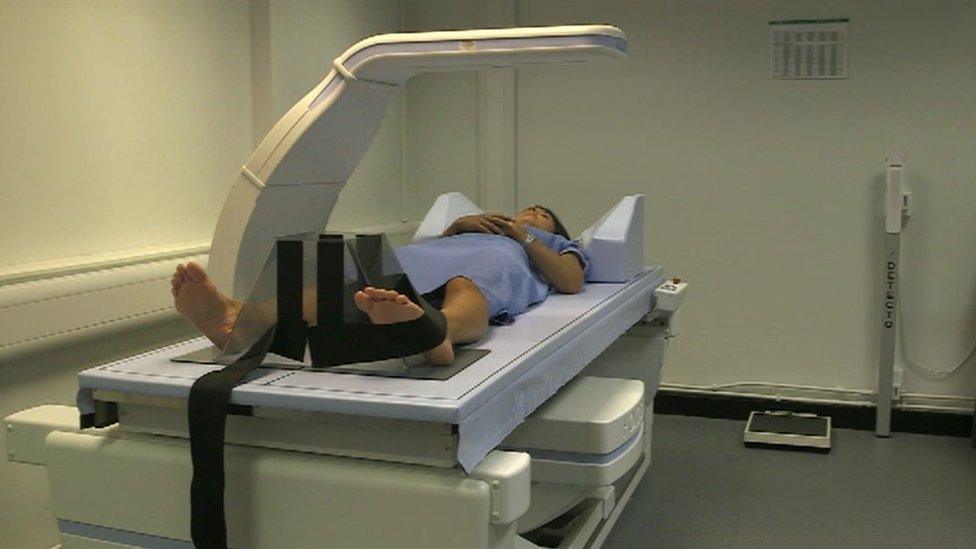Arthritis: Pioneer in Welsh hospital who helps thousands
- Published
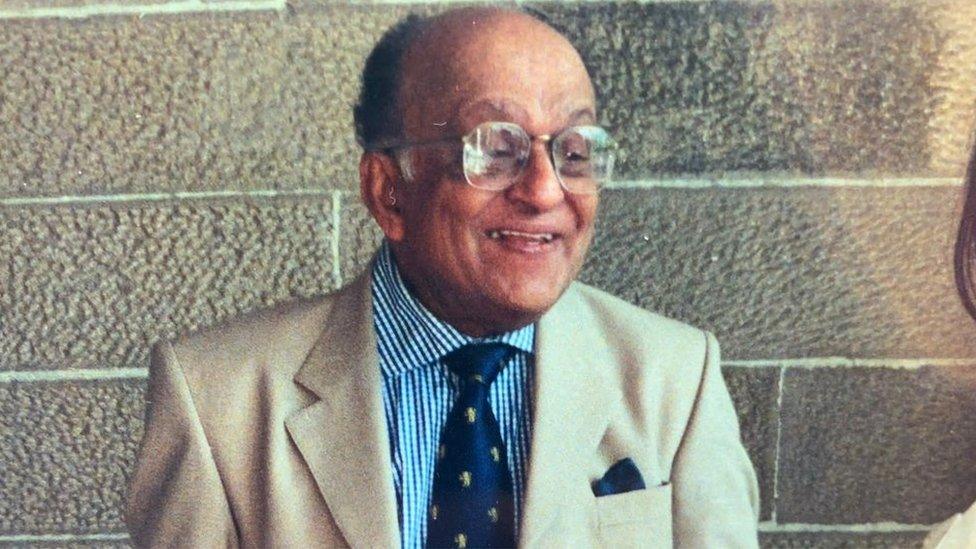
Dr Kunnathur Rajan researched the effects of smoking on human lungs as part of his work
Thousands of people with arthritis are helped every year thanks to the vision of a pioneering scientist.
With no NHS money available, Dr Kunnathur Rajan raised £60,000 to buy Wales' first bone density machine in 1998.
A quarter of a century later, it continues to scan 2,000 patients a year at Dewi Sant Hospital, Pontypridd.
A memorial has been unveiled following Dr Rajan's death from a stroke, aged 86, earlier this year.
His contribution to advancing medical knowledge in the Welsh NHS was "nothing short of exceptional", according to mayor of Rhondda Cynon Taf Wendy Lewis.
In unveiling the plaque, she called him one of the UK's most renowned physicians and "one of its foremost research scientists".
As well as helping people with conditions such as arthritis and osteoporosis, he was involved in ground-breaking research into the effects of smoking and asbestos on the lungs at Llandough Hospital in Vale of Glamorgan.
His passion earned him many admirers - when Princess Diana visited south Wales, she would ask for him to show her around hospitals.
Dr Rajan opened Wales' first osteoporosis research unit - looking at a chronic condition linked to arthritis, external - and convinced Edie May Evans to make it her chosen charity in her year as mayor in the late 1990s.
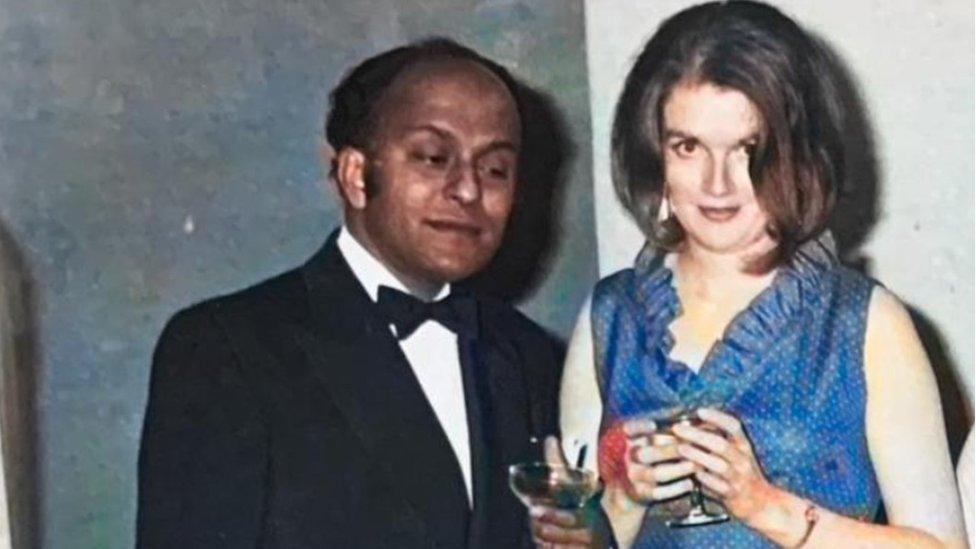
Dr Rajan - pictured at a charity medical conference in Prague in 1969 - looked at work in countries around the world for inspiration
"Arthritis strikes almost everyone at some time and in Rhondda we have the highest recorded incidences of the disease in Wales, so funding is desperately needed to provide staff and equipment in the fight," is how she summed it up.
In total, about 800,000 people in Wales suffer from related conditions that can cause swelling, inflammation, and pain in joints.
Dr Rajan realised those with arthritis were more at risk of developing osteoporosis and, after a trip to the USA, found equipment he believed would be a gamechanger.
"I scanned 16,000 patients on the NHS with the scanner and published nearly 100 research papers," he said in 2016.
"I found that if you can catch the signs of osteoporosis early and treat it, you can help prevent more serious fractures, avoid costs and, more importantly, improve the quality of life for sufferers of this debilitating condition."
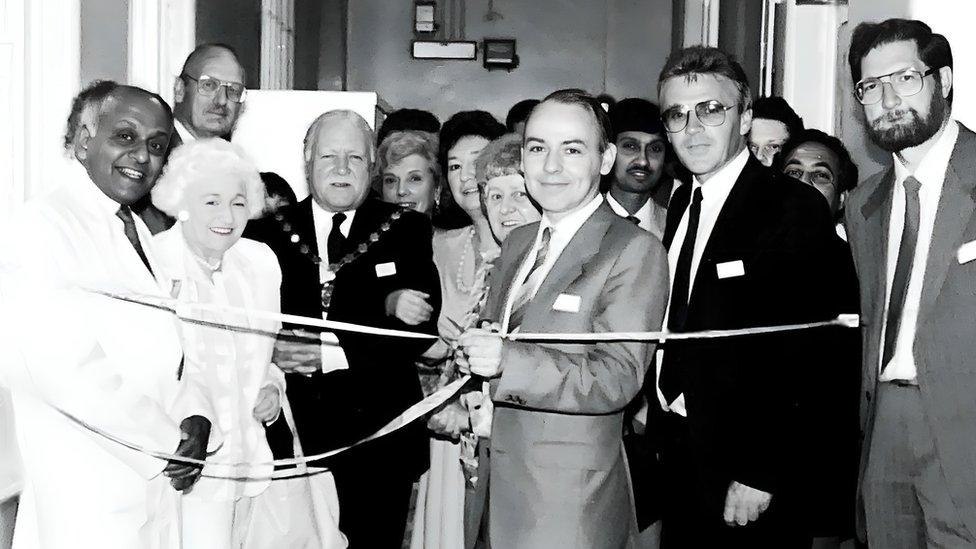
Dr Rajan (far left) opened Wales' first osteoporosis research unit in 1998
Born in Kolkata, India, Dr Rajan moved to the UK in the 1950s to study at Kings College, Cambridge, where he developed a passion for research.
He became a consultant in the Welsh NHS in 1970.
At Llandough Hospital's pneumoconiosis research unit, Dr Rajan pioneered a ground-breaking technique that allowed the growth of human finger, brain, and pleura tissues for medical research.
While researching the effects of asbestos on the lungs, he developed the organ culture method for adult pleura (lining of the lung) and grew a tumour.
The work was seen as a breakthrough and results published in the Nature journal in 1972.
In the early 1990s, Dr Rajan became a consultant physician in rheumatology in what is now the Cwm Taf Morgannwg health board.
He was described as "a man with a wicked sense of humour and a glint in his eye", by Dr James Martin, who worked alongside him.
"He worked tirelessly for the benefit of his patients, many of whom still remember him fondly some twenty years later."
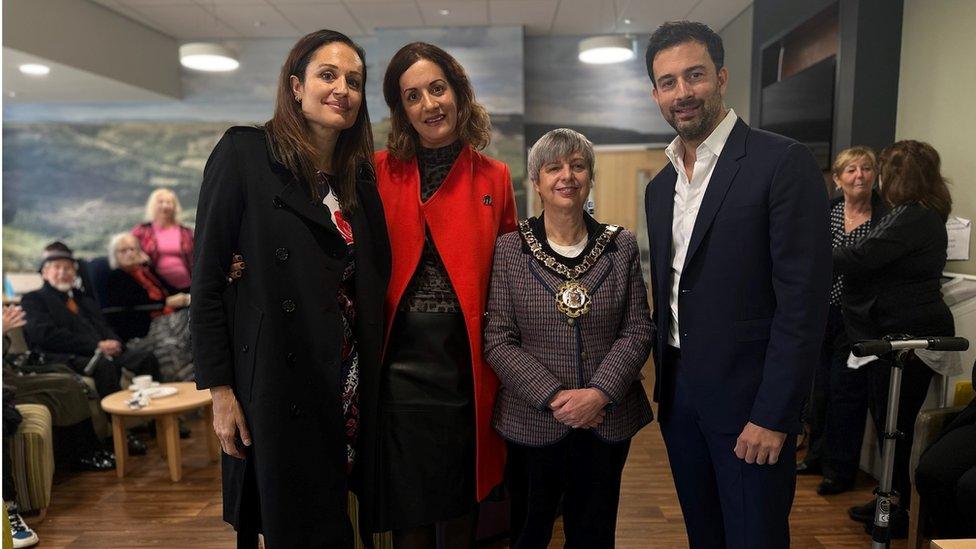
Dr Rajan's children said his work within the NHS played a central role in his life
Dr Martin said the plaque, which is also in tribute to former mayor Ms Evans who helped him raise funds, meant Dr Rajan's "legacy is assured" at his "beloved" unit in Pontypridd.
Dr Rajan's wife Marcia and children Melissa, 52, Sasha, 48 and Aaron, 46, described his work in the Welsh NHS as playing a central part in his life.
"Dad was a very passionate soul, especially when it came to the arthritis and the osteoporosis cause and loved the research aspects of his work," said Melissa.
"On his trips to America he enjoyed discovering new innovations available that may help advance treatments and when he discovered the DEXA (bone) scanner he was so determined to get one into Wales.
"Even Princess Diana heard of dad and used to ask for him personally to show her around the hospitals and meet patients whenever she visited Wales - she liked his confidence and humour and they had a great deal of respect for one another."
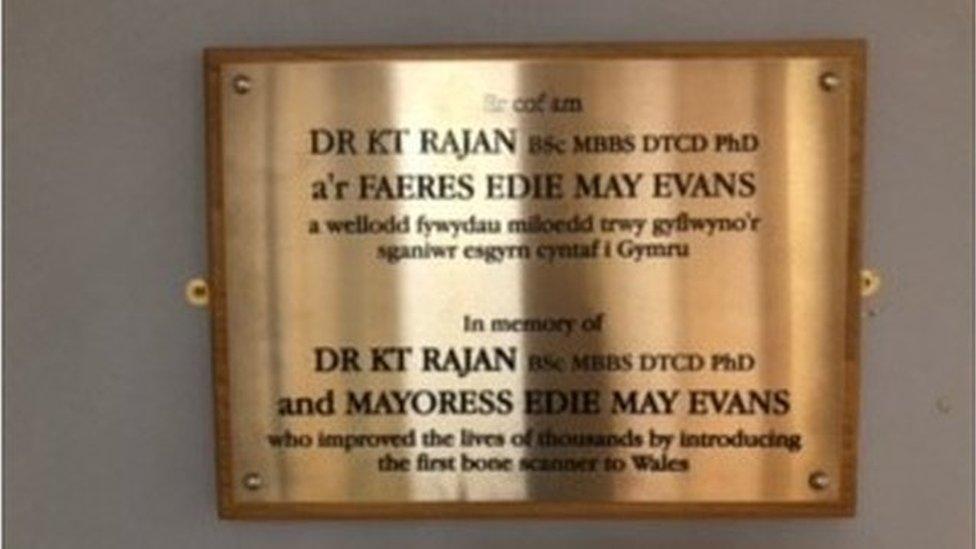

A POSITIVE LIFE: HIV from Terrence Higgins to today
ACID DREAM: The Welsh farmhouse that sparked a revolution of the mind

- Published9 May 2016
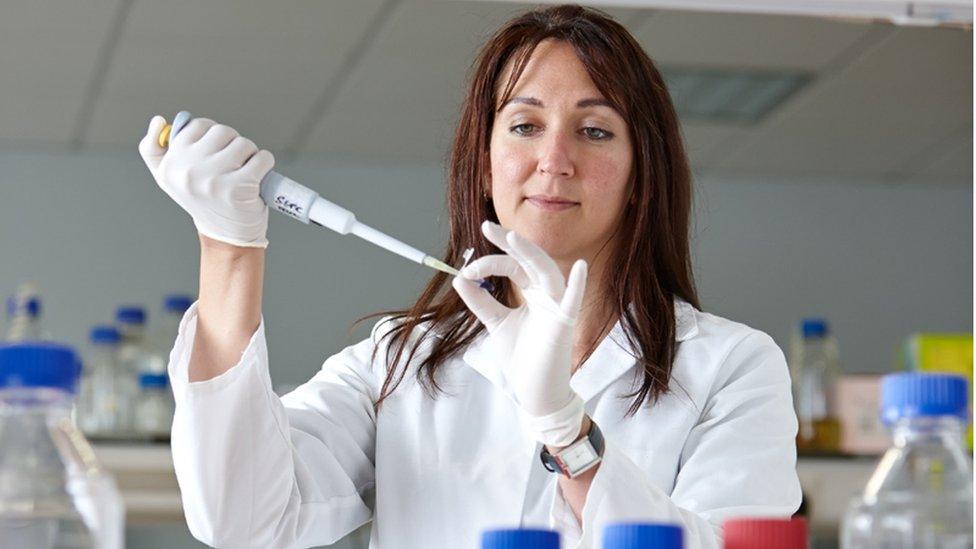
- Published26 September 2016
